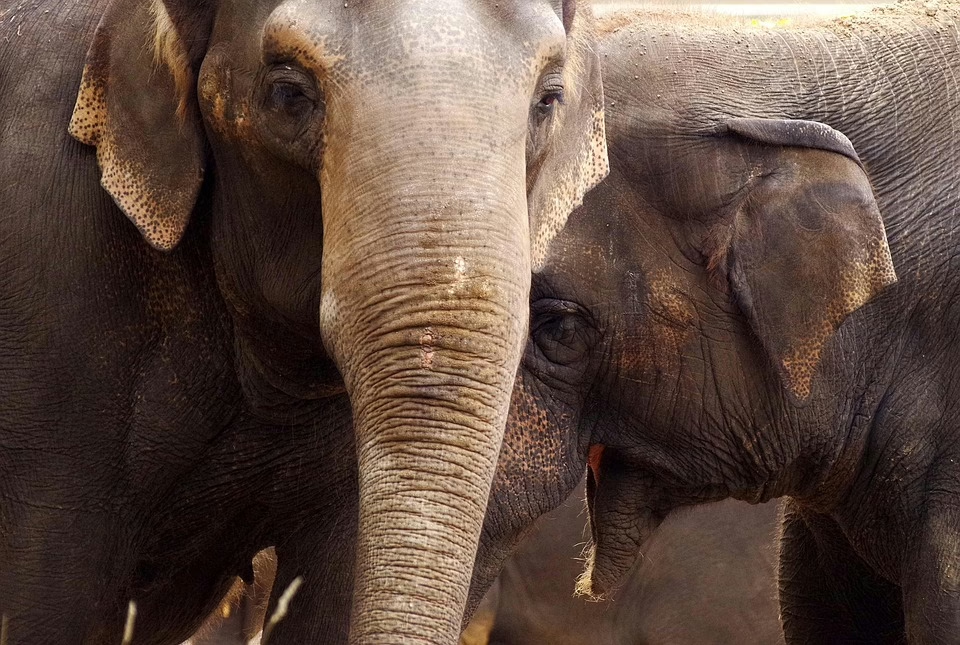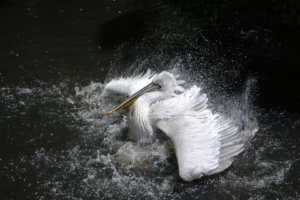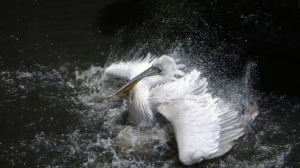Explorers and Expeditions: Charting the Unknown in World History
Introduction
The spirit of exploration has long driven humanity to the farthest reaches of the Earth, compelling individuals to venture into uncharted territories in search of new lands, resources, and knowledge. This article will delve into the illustrious history of explorers and their expeditions, examining the motivations, achievements, and impacts of some of the most notable figures in the annals of exploration. From ancient navigators to modern-day adventurers, the quest to chart the unknown has significantly shaped the world we live in today.
The Age of Ancient Exploration
Early Navigators
Long before the Age of Discovery, early civilizations embarked on maritime explorations that laid the groundwork for later voyages. The Egyptians, Greeks, and Phoenicians demonstrated remarkable navigational skills, often using the stars for guidance.
Egyptian Expeditions
As early as 3000 BCE, the Egyptians sent trading expeditions down the Red Sea to trade with the regions of Punt, which is believed to be in present-day Somalia or Ethiopia. These voyages expanded their trade networks and enriched their culture with exotic goods and ideas.
Greek Exploratory Ventures
The Greeks also made significant contributions to exploration. Explorers like Pytheas of Massalia (modern Marseille) ventured as far as the Arctic Circle, documenting their findings in works like “On the Ocean.” Pytheas’s observations paved the way for future navigators by providing valuable insights into geographical phenomena such as the north star and the midnight sun.
The Roman Influence
The Roman Empire further pushed the bounds of exploration through its conquests and subsequent documentation of newly acquired territories. The Roman geographer Pomponius Mela and later Pliny the Elder gathered and compiled vast amounts of knowledge about the Mediterranean region and beyond, creating foundational texts that scholars would reference for centuries.
The Middle Ages: The Islamic Golden Age
Islamic Explorers
During the Middle Ages, the Islamic Golden Age fostered a surge in exploration and scholarship. Notably, the Arab traders and scholars like Ibn Battuta and Marco Polo’s travels emphasized a vast interconnected world.
Ibn Battuta
Ibn Battuta’s extensive travels across Africa, the Middle East, and Asia between 1325 and 1354 resulted in “Rihla” (The Journey), a detailed account of the diverse cultures and societies he encountered. His narratives provided invaluable insights into the societies of the time, enriching the Western understanding of the Islamic world.
The Influence of Navigation Technology
The advancements in navigation technology during this period, including the magnetic compass and developments in shipbuilding, laid the groundwork for more extended voyages and increased maritime exploration.
The Age of Discovery
The Age of Discovery (15th – 17th centuries) marked a pivotal transition in exploratory endeavors. Fueled by the desire for trade, wealth, and the spread of Christianity, European nations sponsored expeditions that discovered new lands and seaways.
Key Explorers and Their Expeditions
Christopher Columbus
In 1492, Christopher Columbus, driven by his ambition to find a western route to Asia, set sail under the Spanish flag. Instead, he “discovered” the Americas, landing in the Bahamas and later exploring the coasts of Central and South America. While Columbus’s expeditions opened up the New World to European colonization, they also initiated significant cultural exchanges and devastating consequences for Indigenous populations.
Vasco da Gama
Vasco da Gama’s expedition to India in 1497 was monumental for establishing sea routes between Europe and Asia. His successful voyage around the Cape of Good Hope to Calicut not only marked the beginning of direct maritime trade with India but also intensified European competition for colonies in the region.
Ferdinand Magellan
The quest for a westward route to the Spice Islands led to Ferdinand Magellan’s groundbreaking expedition in 1519-1522, which resulted in the first circumnavigation of the Earth. Although Magellan himself did not survive the voyage, his fleet’s journey showcased the vastness of the planet and connected disparate cultures in unprecedented ways.
Motivations Behind Exploration
Explorers were not only motivated by the prospect of wealth and new trade routes but were also influenced by the spirit of scientific inquiry and the desire for fame. Additionally, the competition between European powers heightened these ambitions, leading to an age characterized by remarkable discoveries and profound human impact.
The Impact of Exploration
Cultural Exchange
Exploration led to significant cultural interactions between Indigenous peoples and European explorers. While this exchange brought new ideas, technologies, and crops to different parts of the world, it also had devastating effects, including colonization, disease, and the disruption of native societies.
The Columbian Exchange
The Columbian Exchange fundamentally transformed economies and cultures on both sides of the Atlantic. Crops such as potatoes, tomatoes, and maize were introduced to Europe, while horses, cattle, and various diseases were brought to the Americas.
The Notion of Terra Nullius
European explorers often viewed lands inhabited by Indigenous peoples as “terra nullius,” or land belonging to no one. This perspective justified colonization and dispossession, leading to profound injustices and upheavals for Indigenous societies.
Scientific Advancements
Exploration demanded advancements in navigation, cartography, and surveying. Figures such as Gerardus Mercator developed new map-making techniques that enabled more accurate navigation and exploration. These advancements not only facilitated further exploratory endeavors but also contributed to the growth of scientific knowledge during the Enlightenment.
The Era of Exploration in the 18th and 19th Centuries
The Age of Enlightenment
The 18th century saw the rise of Enlightenment thinking, which promoted rationality, scientific inquiry, and humanism. This era further propelled exploration as researchers sought to understand and catalog the natural world.
James Cook
Captain James Cook undertook three major voyages in the Pacific between 1768 and 1779, charting numerous islands and coastlines, including New Zealand and the eastern coast of Australia. His expeditions significantly enhanced European knowledge of the Pacific region and contributed to various fields, including anthropology and botany.
The Expedition of Lewis and Clark
In 1804, Meriwether Lewis and William Clark embarked on their expedition to explore the newly acquired Louisiana Territory. Commissioned by President Thomas Jefferson, their journey provided crucial geographic and scientific data about North America, leading to increased westward expansion and settlement.
Imperialism and its Consequences
The 19th century was characterized by a surge in imperialistic endeavors, where European powers expanded their territories aggressively. Exploration became intertwined with imperialism, leading to colonization, exploitation, and significant alterations to local cultures and ecosystems.
The Twentieth Century and Beyond: New Frontiers
The Age of Technological Exploration
The 20th century heralded an era of technological advancement that expanded the frontiers of exploration beyond terrestrial bounds. The invention of the airplane and advances in naval technology allowed explorers to access previously unreachable regions.
The Explorations of Antarctica
By the early 1900s, explorers like Ernest Shackleton and Robert Falcon Scott ventured into the inhospitable terrain of Antarctica, pushing the limits of human endurance and scientific inquiry. Their expeditions contributed to our understanding of Earth’s polar regions and clarified the effects of climate.
Space Exploration
The 20th century culminated in a new kind of exploration: space. The early space race between the United States and the Soviet Union spurred humanity’s first steps beyond Earth, with figures like Yuri Gagarin becoming global icons. The 1969 Apollo 11 mission, with Neil Armstrong and Buzz Aldrin stepping onto the Moon, marked a pinnacle of human exploration and achievement.
Contemporary Explorations
In recent decades, exploration has entered a new phase, utilizing advanced technology and interdisciplinary approaches. Modern explorers continue to venture into the depths of our oceans, remote wilderness areas, and the frontiers of space, seeking to address the pressing challenges of our time, such as climate change, biodiversity loss, and global health.
Conclusion
The saga of explorers and expeditions encompasses the triumphs and tragedies of humanity’s quest for knowledge. From early navigators charting local waters to contemporary scientists studying the cosmos, exploration has shaped our understanding of the world and ignited the spirit of inquiry. The legacies of these explorers continue to inspire the pursuit of knowledge and understanding of our universe.
Through careful reflection on the past, we may better navigate the complexities of modern exploration, ensuring that future endeavors contribute positively to both humanity and the planet.
Footnotes
- Christopher Columbus and the Age of Exploration, History.com
- James Cook’s Voyages, National Maritime Museum
- The Columbian Exchange: A History of Disease, Food, and Ideas, National Geographic
- Exploration and Imperialism, BBC
- The New Space Race, The Science Times
This article provides a comprehensive overview of explorers and expeditions throughout world history. For a more detailed examination, additional subsections could be added to explore regional explorations or delve into specific case studies of particular expeditions.


























Add Comment